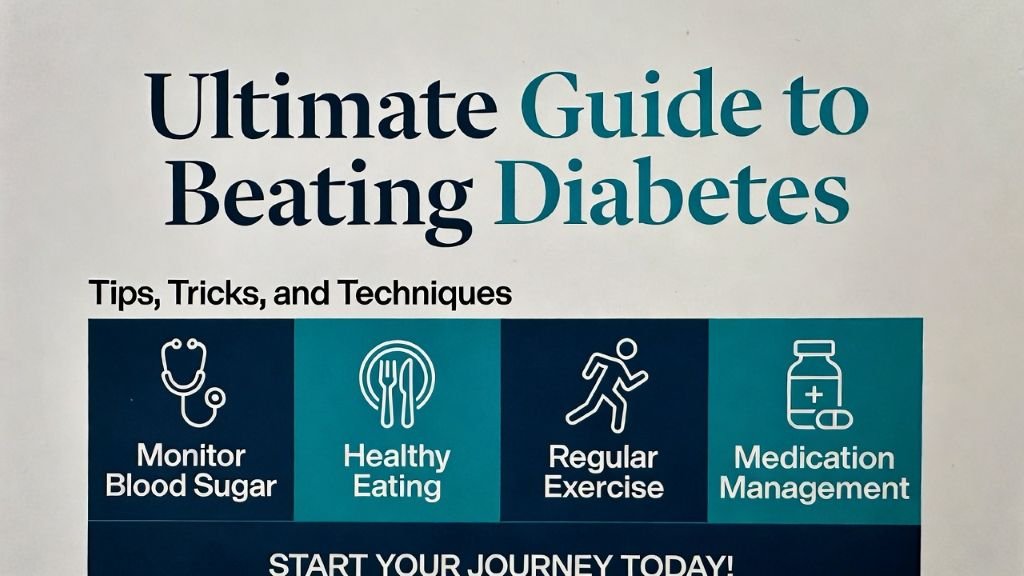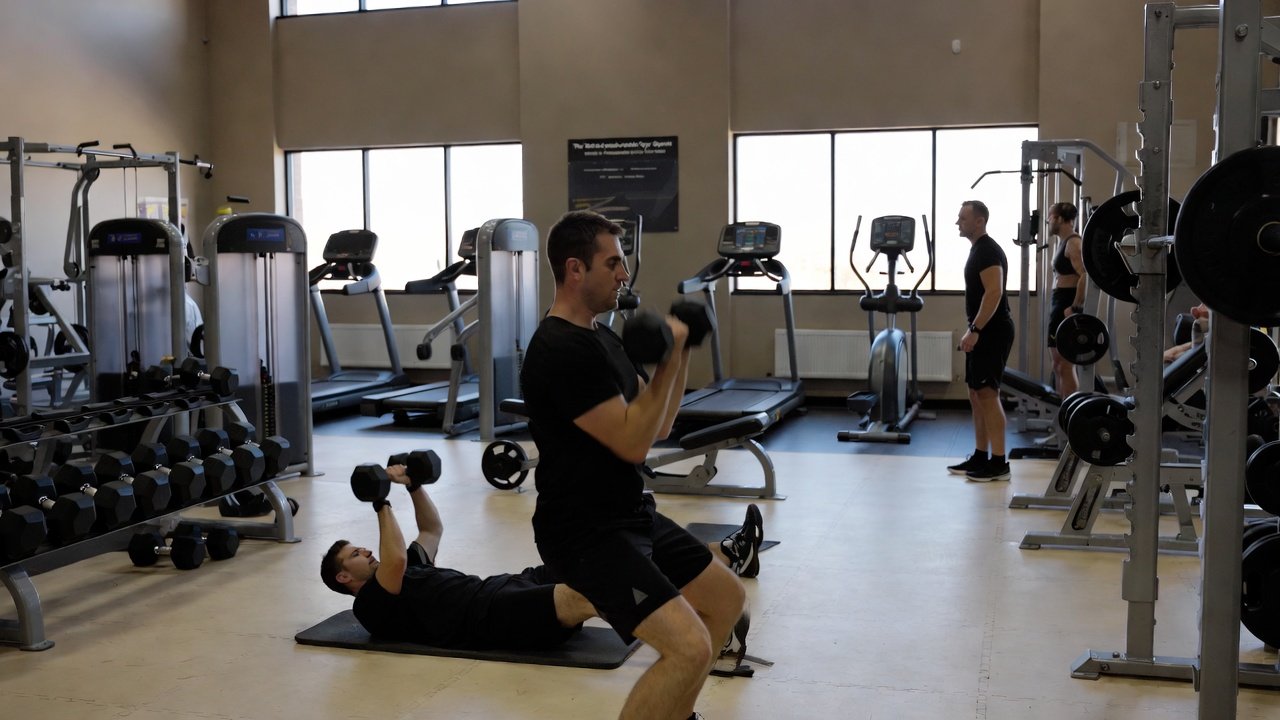Is someone in your life— anxious or depressed? Did you know that exercise can help? Scientific understanding of mental health disorders is increasing—and exercise is emerging as a potent healing tool.
Shirley Archer, JD, MA, IDEA’s 2008 Fitness Instructor of the Year and author of Pilates Fusion: Well-Being for Body, Mind, and Spirit, describes how exercise impacts mood and what you can do to improve mental health.
Science Says: Exercise Benefits Mental Health
Experts offer multiple reasons why exercise positively impacts mental health; most agree it’s likely a combination of indirect and direct factors. Better circulation and reduced inflammation boost your psychological outlook, and exposure to positive environmental factors, and perceptual and behavioral shifts are all “side effects” of exercise that enhance mental health.
According to research studies, exercise may improve mental health in the following ways:
By enhancing physiological health. “Physical activity benefits overall brain health by reducing peripheral risk factors for poor mental health—such as inflammation, diabetes, hypertension, and cardiovascular disease—and by increasing blood flow and associated delivery of nutrients and energy,” says Angela Clow, Ph.D., professor in the department of psychology at the University of Westminster, London, and coeditor of Physical Activity and Mental Health. Depression and other mental ailments are associated with low physical activity; being more physically active reduces mental illness risks (Cooney et al. 2013).
By raising tolerance for emotional stress. Since exercise is stressful, regular exercise increases a person’s resilience toward other forms of physical and emotional stress. Having more physical and emotional strength—from consistent fitness training—seems to help people adapt better when tough situations occur (Otto & Smits 2011).
By boosting self-efficacy. People who master a new skill such as exercise improve their self-efficacy, which subsequently leads to higher self-esteem. High self-efficacy predicts well-being, while low self-esteem is associated with mental illness (Clow & Edmunds 2014).
By fostering social contact. Social interactions improve mood. Exercise frequently occurs together with others or with friends and family encouragement. This support boosts mood (Cooney et al. 2013).
By diverting negative thinking. People with depression or anxiety often get stuck in negative thought cycles. Exercise, especially when mindful, may be a diversion from self-rumination, focusing thoughts away from negative inner concerns toward engagement with the present and with pleasurable experiences (Otto & Smits 2011).
The Neurochemistry of Exercise
Some of the most interesting research on exercise involves neurobiology—how physical activity directly affects brain chemistry and how it may even alter the brain’s structure and function.
Physical activity can cause changes in the neurochemicals that affect mood. Antidepressants and antianxiety medications target these neurochemicals to normalize levels. Research shows that aerobic exercise can also increase their levels (Young 2007). Simon Young, Ph.D., former editor-in-chief of the Journal of Psychiatry & Neuroscience, noted, “The effect of exercise on serotonin suggests that the exercise itself, not the rewards that stem from exercise, may be important.”
How Much Exercise
Current public health guidelines recommend 30 minutes of moderate-intensity physical activity on most days of the week. In the U.S., this is identified as at least 150 minutes of moderate-intensity exercise per week or 75 minutes of vigorous-intensity exercise per week.
Studies suggest that the “dose” of exercise consistent with public health recommendations is sufficient to stimulate mental health benefits. “Aerobic physical activity at a dose roughly equivalent to the public health guidelines was found to be significantly more effective than a low dose [below public health guidelines] and a control condition in a 2005 study by Dunn and colleagues,” reports Sarah Edmunds, Ph.D., senior lecturer in exercise physiology at the University of Chichester, in England, and coeditor of Physical Activity and Mental Health.
Original article: Archer, S. 2014. Train yourself happy. IDEA Fitness Journal, 11, 28-37.
Please review our business at: Google Yelp Facebook
If you’d like to learn more, please visit our Member’s Area to access our subscribed content.
Did you know you can work out and exercise with a trainer at your home, office, hotel room, or anywhere in the world with online personal training?
Like us on Facebook/Connect with us on LinkedIn/Follow us on Twitter
Make sure to forward this to friends and followers!






